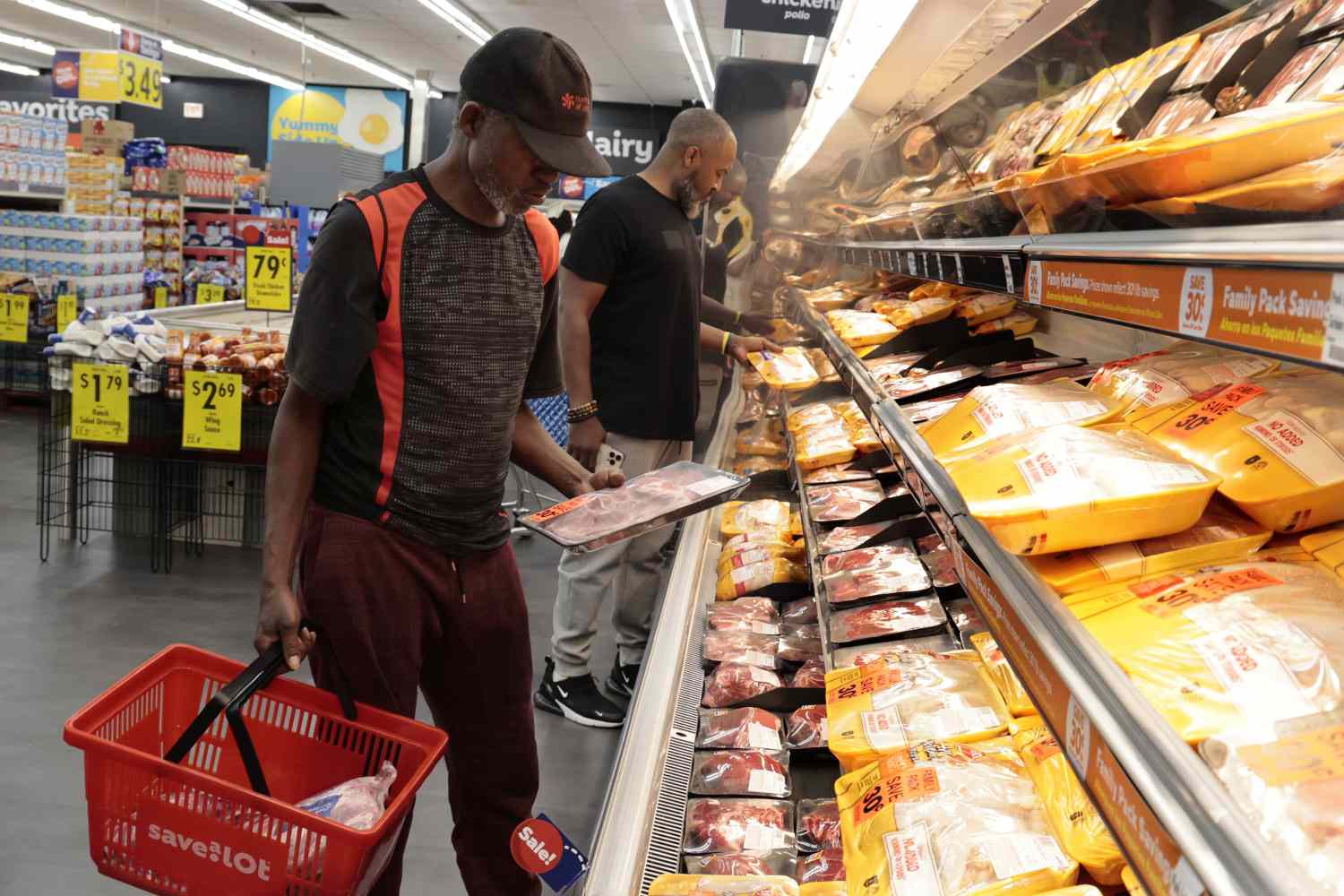Key Takeaways
- Consumer prices likely rose slowly in May, as measured by Personal Consumption Expenditures (PCE), the Federal Reserve’s preferred measure of inflation.
- According to forecasters, core PCE prices are expected to rise 0.1% over the month, the same increase as in April. This will result in a 2.6% annual increase compared to 2.5% in April.
- The Fed targets a 2% annual inflation rate, so from the central bank’s view, inflation still needs to come down.
Consumer prices likely rose slowly in May, as measured by the Federal Reserve’s preferred inflation gauge, which will be released on Friday.
The Bureau of Economic Analysis report on Personal Consumption Expenditure (PCE) inflation is expected to show that prices for consumer purchases rose 0.1% during May, the same as in April, according to a survey of economists by Dow Jones Newswires and The Wall Street Journal. That would make for a 2.3% increase over the past 12 months, up from a 2.1% annual increase in April.
Core PCE inflation, which excludes volatile food and energy prices, is also predicted to have increased by 0.1%, with the year-over-year measure accelerating to 2.6% from 2.5% in April.
The core PCE inflation metric is especially significant because the Federal Reserve uses it as its benchmark for determining whether prices are rising at its target rate of 2% a year. While core PCE inflation has fallen from its recent peak of 5.7% in 2022, it’s still above the Fed’s target.
Tariff Impacts Loom
If Thursday’s report comes in as expected, it will correspond with May’s Consumer Price Index report, which signaled that inflation is still cooling despite President Donald Trump’s wide-ranging tariffs. Many forecasters expect to see import taxes push up inflation measures starting this summer.
The relatively low inflation reading, however, is not likely to reassure officials at the Fed, who are bracing for the impact of tariffs. Fed Chair Jerome Powell highlighted the risk that tariffs will stoke inflation last week when the Fed held its key interest rate flat. He reiterated those concerns this week in testimony before Congress.
“As Chair Powell made clear last week, the full extent of tariffs still looms large over the near-term inflation and growth outlook,” economists led by Brett Ryan wrote for Deutsche Bank.
